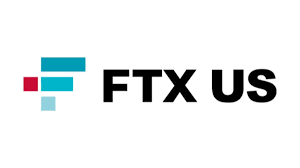FTX founder Sam Bankman-Fried (SBF) testified as anticipated on October 26, shedding light on the likely defense strategy in the ongoing case.
During his questioning, his attorneys concentrated on a crucial document that could play a pivotal part in his defense.
According to a live post by Inner City Press covering the trial, SBF’s supereminent counsel, Mark Cohen, questioned him about a document retention policy.
SBF revealed that this policy had been formulated by the law establishment, Fenwick and West, specifically by Dan Friedman.
The defense appears to be leaning on this policy to explain why some of SBF’s correspondence with former associates had a delete point, as preliminary revelations revealed.
Bankman-Fried mentioned that informal exchanges on Signal, the platform they used for communication, could be set to bus-delete in line with the policy.
He justified the need for bus deletion when asked about using Signal, citing encryption as essential due to FTX’s hacking incidents. It was considered a palladium to help with data leaks or the threat of a former hand dealing data to a contender.
In Bankman-Fried’s view, he acted in agreement with the policy, especially since Signal was used for informal conversations that weren’t part of formal company opinions.
Recently, FTX has been reportedly seeking information regarding $6.5 million in payments made to a nonprofit AI safety association, the Center for AI Safety (CAIS).
The payments were reportedly made between May and September 2022, months before FTX’s collapse and protests of ruin.



